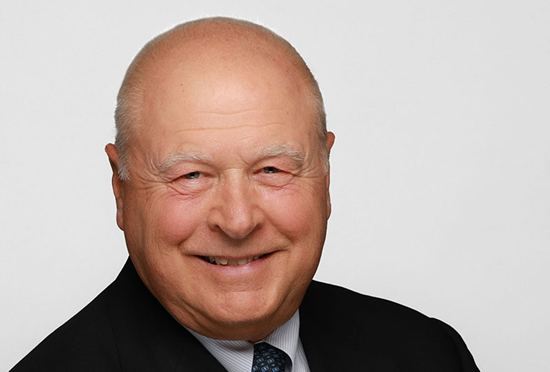New FX prime players a plus for the market - expert

More service providers in the FX prime brokerage space should benefit the industry's hedge funds, commodity trading advisers (CTAs) and asset manager clients, according to a market veteran.
Marco Baggioli, the former global head of FX prime brokerage at BNP Paribas, reckons there is room for additional players in the space providing firms refrain from engaging in the old practice of “buying business by lowering pricing”.
Last month BNY Mellon announced it would launch prime brokerage services for institutional clients in what it described as the “complex and capital-constrained” FX market.
Jason Vitale, chief operating officer, FX & head of client execution Services at BNY Mellon Markets, described the firm’s new offering as a traditional PB service with a twist.
“By leveraging BNY Mellon’s collateral management, funding and liquidity expertise, clients will benefit from a fully-integrated and complete FX service,” he explained.
Michael Cooper, head of FX prime brokerage at BNY Mellon in London, added: “Clients will benefits from combination of a highly-rated counterparty with the capacity of a major custodial bank. FX prime brokerage is the ideal tool for those looking to balance the challenges of the uncleared margin regime with the need to deliver better execution on behalf of their clients.”
According to Baggioli, who left BNP Paribas in 2015 to join ADS Securities as the firm’s chief operating officer, BNY Mellon will be different from traditional FX prime brokerage banks.
“BNY Mellon is less of a credit provider and more of a global custodian bank, hence they should be even more risk averse than investment banks are,” he told Global Investor.
He added that recent black swan events, such as Brexit and Switzerland's shock decision to remove the franc’s euro peg in 2015, have made it more difficult to obtain credit lines from FX prime brokers.
“In some cases even access to them but this has been more a problem for HFTs and FX brokers than traditional buy-side FX prime brokerage customers.
“Many FX prime brokers came to realise that the profitability of the business was not worth the investments nor the credit risk they were undertaking and eventually closed down the service or fired lots of unprofitable clients or increased pricing quite significantly.”
More broadly, Baggioli who left ADS Securities at the end of 2017, reckons the advantages of using a FX prime broker have not changed much over the years.
“Access to liquidity providers, leveraged credit, operational efficiencies, volume scalability, reporting are the main benefits," he explains.
Prime of primes
Prime of primes have access to top tier liquidity and help clients who don’t meet the collateral and credit criteria that’s needed in order for them to have a direct prime broker relationship with a bank.
For Baggioli, the alternative provided by prime of primes, notwithstanding the opportunity of the past couple of years, did not materialise into a credible solution.
“Prime of primes never really took away valuable business from the traditional FX prime brokers that they themselves did not want to shed off. Most prime-of-primes have been setback by their inability to extend sufficient credit to customers, the underestimation of the investment in technology required to provide an acceptable service and, generally, the lack of product experience by their staff and management,” he explained.
In some other cases, when trading on some electronic venues, Baggioli says direct settlement has shifted some flow away from FX prime brokers but the operational complexity for traditional clients of FX prime brokers is heightened and so are their costs.
Looking ahead, he expects FX prime brokers to shake out retail brokers and, possibly also institutional ones, from their client lists because of the reputational risk they represent in the current regulatory environment.
He concludes: “Banks do not want to have any gaming/betting (including spread betting) clients on their books and given the stance of most European regulators on the subject, most leveraged retail FX brokers are arguably falling into that category.”
Found this useful?
Take a complimentary trial of the FOW Marketing Intelligence Platform – the comprehensive source of news and analysis across the buy- and sell- side.
Gain access to:
- A single source of in-depth news, insight and analysis across Asset Management, Securities Finance, Custody, Fund Services and Derivatives
- Our interactive database, optimized to enable you to summarise data and build graphs outlining market activity
- Exclusive whitepapers, supplements and industry analysis curated and published by Futures & Options World
- Breaking news, daily and weekly alerts on the markets most relevant to you



